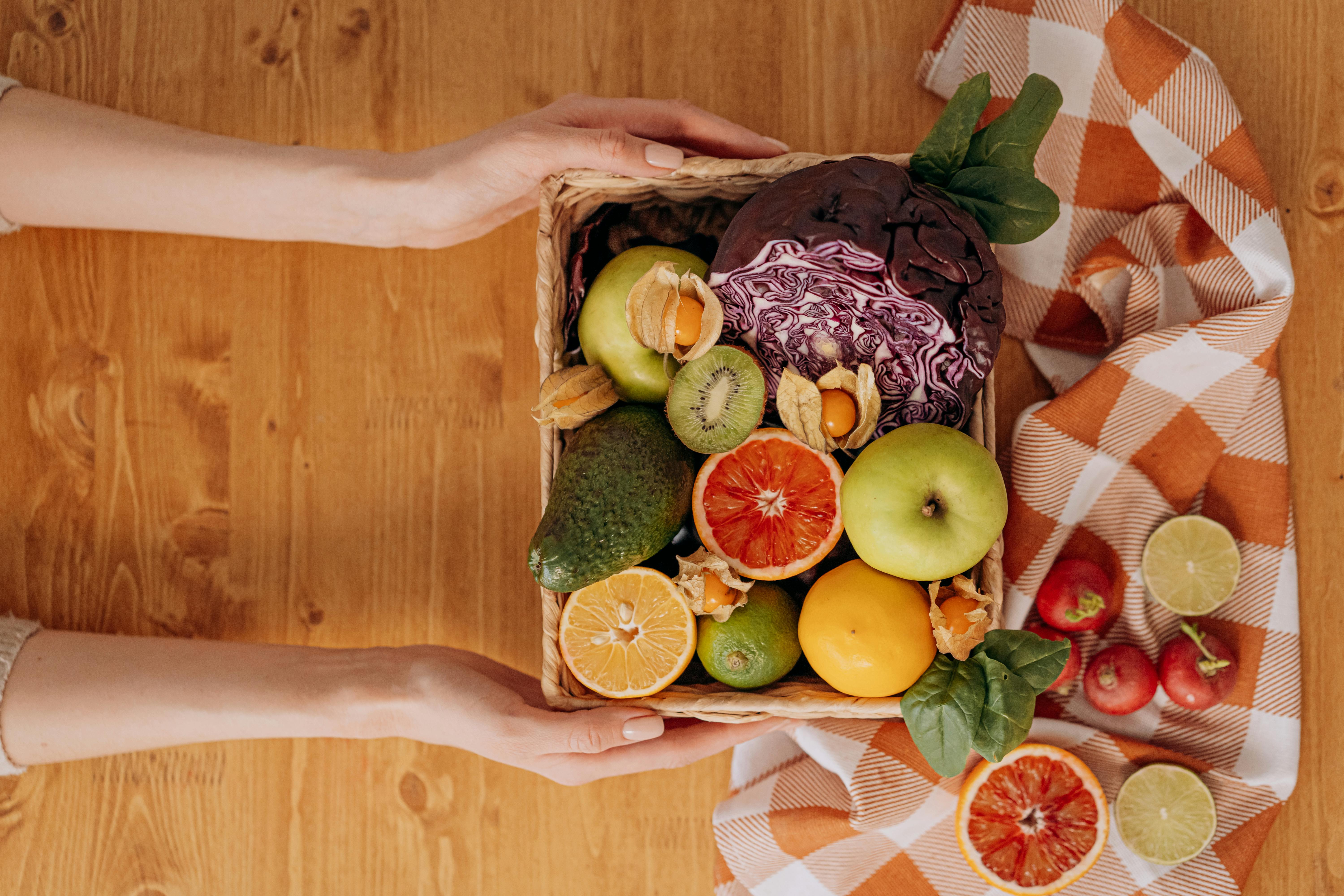Planning delicious and balanced plant-based vegetarian meals is easier than you think! Here are some tips to get you started:
1. Focus on whole foods:
- Base your meals around fruits, vegetables, whole grains, legumes, nuts, and seeds. These foods are naturally packed with nutrients and fiber, keeping you feeling full and satisfied.
- Include protein in every meal and snack. Plant-based protein sources include beans, lentils, tofu, tempeh, seitan, nuts, seeds, and nut butters.
- Don’t forget healthy fats. Healthy fats add flavor and help you absorb certain nutrients. Sources include avocados, nuts, seeds, olives, and olive oil.
2. Build your plate:
- Use the “MyPlate” method: Divide your plate into four sections. Fill half with fruits and vegetables, one-quarter with whole grains, and one-quarter with protein-rich foods.
- Add healthy fats: Add a small amount of healthy fats to each meal, like a drizzle of olive oil or a handful of nuts.
- Don’t forget color: Aim to include a variety of colorful fruits and vegetables on your plate for a wider range of nutrients and antioxidants.

3. Get creative with spices and herbs:
- Spices and herbs add flavor and depth to your meals without adding unhealthy fats or calories. Experiment with different combinations to discover your favorites.
- Try marinades and sauces: Marinades can infuse flavor into tofu, tempeh, and seitan, while sauces can add a finishing touch to your meals.
- Don’t be afraid to experiment with new recipes: There are countless delicious plant-based recipes available online and in cookbooks. Try new things and discover new favorites.
4. Make it easy and convenient:
- Cook in bulk: Cook large batches of grains, legumes, and roasted vegetables on the weekend to have them ready for quick meals throughout the week.
- Freeze leftovers: Leftovers can be a lifesaver on busy days. Freeze individual portions for quick and easy lunches or dinners.
- Plan your meals ahead: Take some time each week to plan your meals and snacks. This will help you stay on track and avoid unhealthy temptations.
- Have healthy snacks on hand: Keep fruits, vegetables, nuts, seeds, and energy balls readily available for when hunger strikes.
5. Enjoy the process:
- Cooking and eating should be enjoyable experiences. Don’t stress about perfection.
- Be present and mindful while eating. This will help you savor your food and feel more satisfied.
- Share meals with loved ones. Eating together is a great way to connect with others and enjoy delicious food.
Remember, a balanced plant-based diet is not about deprivation; it’s about celebrating the abundance of delicious and nutritious food available. By following these tips and embracing a playful and creative approach, you can easily plan balanced and delicious meals that nourish your body and taste buds.
